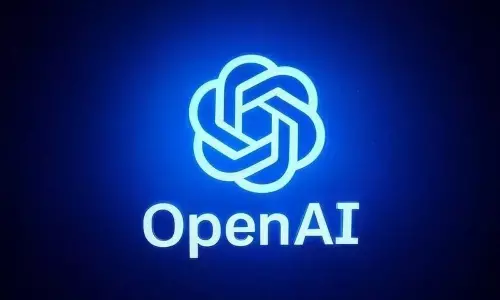Career in Decision Science

Data has been advancing quickly toward the cutting edge of enterprises for many years. It is now possible to store enormous amounts of data produced by sales, customer interactions, and digital experiences thanks to the availability of advanced storage technologies.
Data has been advancing quickly toward the cutting edge of enterprises for many years. It is now possible to store enormous amounts of data produced by sales, customer interactions, and digital experiences thanks to the availability of advanced storage technologies. The corporate world is constantly being inundated with massive amounts of data thanks to mechanisms that make it simple to integrate different systems.
Data technologies have succeeded in turning this data into useful insights. The future will see more data spawning, though. Massive data repositories present a tremendous opportunity for organizations if they are used effectively. Decision science can help in this situation.
Importance of Decision Science
Embracing data and using it in a way that can assist stakeholders in making important business decisions is a requirement of decision science. Making wise inferences from data, telling compelling tales, recognizing pertinent difficulties, and then accurately applying this information to the appropriate set of business problems are all examples of effectively using data to make educated business decisions.
A profession in decision science entails developing answers based on reliable probabilistic, predictive, experimental, and computational principles.
Decision sciences are very important in the modern world. Decision sciences aid in the improvement of judgment. Planning involves a number of processes, including comprehending the issue, using data, utilizing tools, and obtaining insights.
Skills required by Decision Scientist or Data Scientist
Education
A very strong educational background is typically needed to obtain the amount of knowledge required to be a data scientist, even if there are notable exceptions. Data scientists are highly educated; 88 per cent have at least a Master's degree and 46 per cent have PhDs. A bachelor's degree in statistics, computer science, social sciences, or physical sciences could prepare you to work as a data scientist. Computer science 19 per cent and engineering 16 per cent are the next most popular disciplines of study after mathematics and statistics 32 per cent. Your ability to process and evaluate large data will be facilitated by a degree in one of these programmes.
R Programming
For data science, R is typically recommended, however proficiency with at least one of these analytical tools is required. The needs of data science are uniquely addressed by R. Any issue you go into in data science may be resolved using R. R is actually used to solve statistical issues by 43% of data scientists. The learning curve for R is tough, though.
Python Coding
Along with Java, Perl, or C/C++, Python is the most popular coding language I often see necessary in data science employment. For data scientists, Python is a wonderful programming language. Python is the primary programming language used by 40 per cent of respondents to an O'Reilly study.
Machine Learning and AI
The majority of data scientists lack a strong foundation in machine learning topics and methods. These include neural networks, adversarial learning, reinforcement learning, etc. Knowing machine learning techniques like supervised machine learning, decision trees, logistic regression, etc. will help you stand out from other data scientists. You can use these abilities to solve various data science issues that are based on forecasts of important organizational outcomes.
SQL/Data Base Coding
Although NoSQL and Hadoop have grown to be significant parts of data science, it is still expected that a candidate will be able to construct and run sophisticated SQL queries. With the aid of the programming language SQL (structured query language), you can add, delete, and extract data from databases. You can use it to perform analytical tasks and change database architecture. As a data scientist, you must be fluent in SQL. This is so because SQL was created to enable you access, communicate with, and work with data.
Communication skills
When hiring a great data scientist, companies look for someone who can communicate their technical results to a non-technical team, such as the marketing or sales departments, effectively and fluently. In addition to knowing the needs of their non-technical colleagues in order to effectively handle the data, a data scientist must empower the company to make decisions by arming them with quantitative insights.
Conclusion
Data scientist plays a crucial role in integrating the data pieces that have been retrieved from silo –specific little pockets and putting them all together by applying their understanding of business dynamics, intuition, and long-term vision to build the overall picture. In nutshell decision scientists are creative who mix the diverse sciences of math, technology, and business to do their duties.
These abilities are helpful in decision science work and aid in delivering precise solutions. To develop solutions that support decision – making, decision scientists examine the data related to the business problem.
(The author is the Vice Chancellor, Sharda University)










